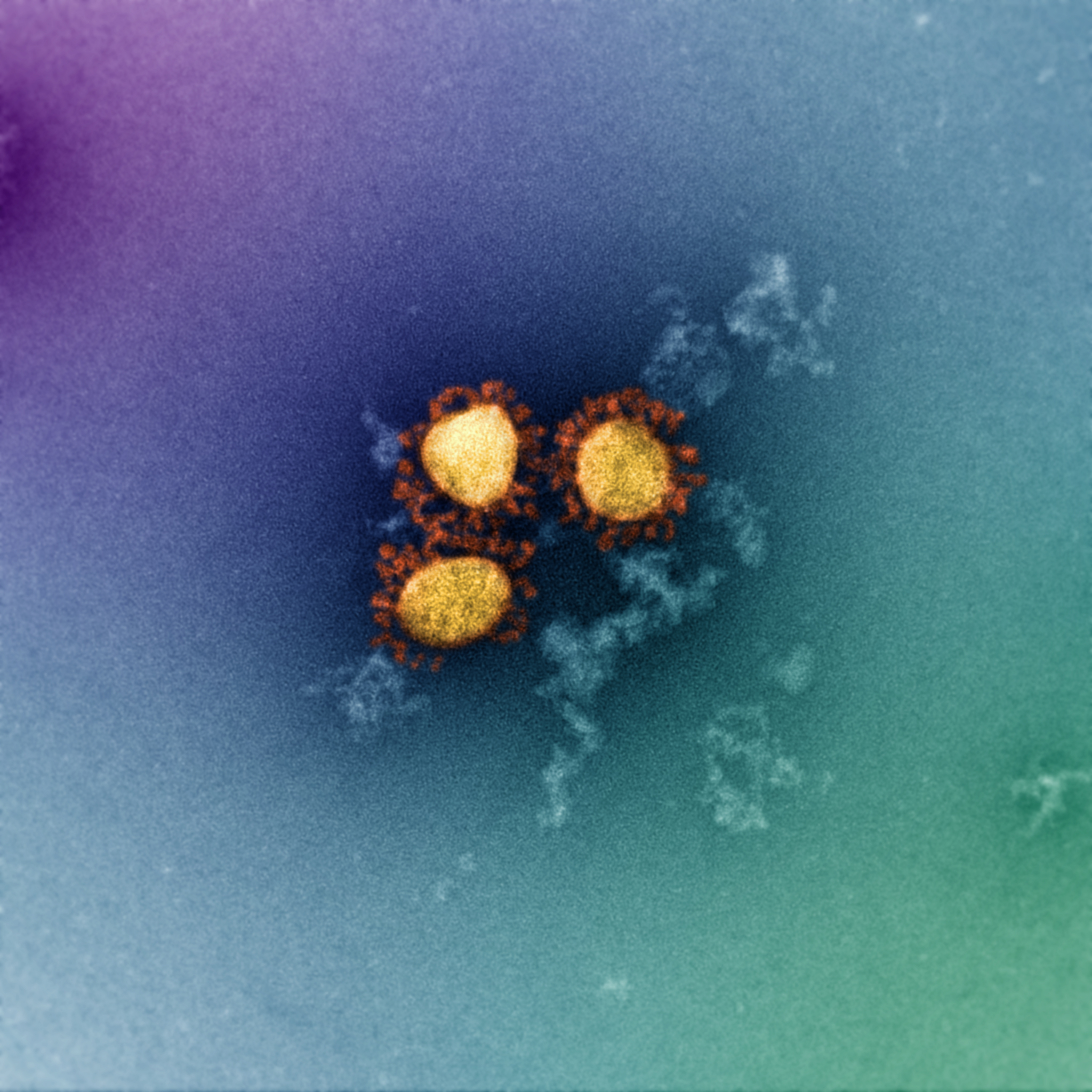News release
From:
Media release paper 1: Immunology: Vaccination and infection induced T cell responses maintained against Omicron
The majority of T cell responses against the SARS-CoV-2 spike protein, induced by vaccination or infection, are maintained against Omicron according to a study involving 138 participants published in Nature. However, it is yet to be determined whether the preserved T cell responses contribute to protection from severe COVID-19.
With over 30 mutations in the spike protein of Omicron, it has previously been documented that this variant has the ability to evade a substantial proportion of neutralizing antibody responses. However, the extent to which other components of the immune response, such as T cells, may still target Omicron is unclear.
Catherine Riou, Wendy Burgers and colleagues examined T cell responses in individuals who had previously been vaccinated or infected with earlier variants of SARS-CoV-2 to determine their ability to recognize the spike protein of Omicron should they become infected. The authors examined the T cell response from a total of 40 individuals who had received either one or two doses of the Johnson & Johnson vaccine, 15 who had received two doses of Pfizer–BioNTech and 15 unvaccinated individuals who had recovered from a previous SARS-CoV-2 infection. They found that 70–80% of the CD4+ and CD8+ T cell responses were maintained against the Omicron spike protein across the study groups.
For 19 patients who were hospitalized with Omicron in South Africa, the authors found that these individuals had T cell responses comparable to those seen in patients who were hospitalized in previous waves of the pandemic, in which the ancestral (17 individuals), Beta (16 individuals) and Delta (16 individuals) variants were dominant. The authors conclude that the extensive mutations of Omicron have had a limited effect on T cell responses to the variant, suggesting that the majority of SARS-CoV-2 spike-specific T cell responses are directed towards conserved regions of this protein.
####
Media release paper 2: Immunology: Vaccines induce similar T cell responses against Omicron as other variants
Spike-protein-specific T cell responses induced by vaccination are well conserved against the Omicron variant, according to data presented in a paper, published in Nature.
Recent studies have indicated that Omicron substantially evades neutralizing antibody responses elicited by current vaccines. However, the effect on vaccine-elicited cellular immune responses (T cell responses) is unclear.
Jinyan Liu, Dan Barouch and colleagues assessed CD8+ and CD4+ T cell responses in 47 individuals in Boston (USA) who had received either one dose of the Johnson & Johnson vaccine (20 participants) or two doses of the Pfizer–BioNTech vaccine (27 participants). None of the participants had previously been infected with SARS-CoV-2 and had negative nucleocapsid antibody responses.
Using intracellular cytokine staining assays, the authors report that, 8 months after vaccination, both types of vaccine induced comparative spike-protein-specific CD8+ and CD4+ T cell responses against the ancestral WA1/2020, Delta and Omicron variants. The data suggests that median Omicron-specific CD8+ T cell responses were 82–84% of WA1/2020-specific responses, and CD4+ T cell responses were 82–100% of WA1/2020-specific responses. By contrast, 5 unvaccinated individuals who had never been infected had negligible spike-specific CD8+ and CD4+ T cell responses.
These findings demonstrate substantial CD8+ and CD4+ T cell cross-reactivity with Omicron, although the authors caution that responses may be different in some individuals. The authors also note that two individuals who received the Pfizer–BioNTech vaccine had undetectable CD8+ T cell responses against Omicron.
####



 International
International



